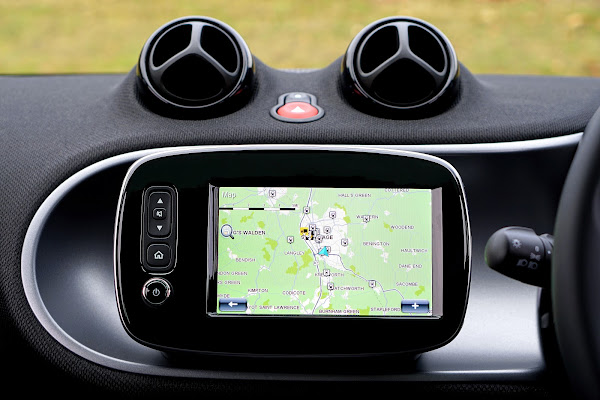Automobiles collect data on a variety of aspects, including your identity, travel history, driving style, and more. The utilization of this information, according to automakers, will improve driving efficiency and driver and vehicle safety. However, without rules or regulations regulating consumer privacy in cars and what automakers do with your data, users are left to conjecture.
Rent-a-car firms may undoubtedly take advantage of every chance to increase their revenue and have better control over their fleet. Technology for surveillance is already in use. They can easily track their customers as a result. This function was first created to avoid high insurance costs, reduce the likelihood of automobiles being stolen, and add new levies.
Companies that rent cars can keep records of the whereabouts and activities of their customers. They can quickly pick up on the client's behavior. Leading businesses disclosed the installation of cameras and microphones in their vehicles. Top firms have disclosed placing cameras and microphones in their vehicles. Customers can feel assured since they don't turn them on arbitrarily.
How Automakers Gather User Data:
- Camera: Dashboard and reverse cameras can record an accident for insurance officials to view. However, in addition to providing date, time, and road position information, they can also show the route taken by the vehicle.
- Key fob: The VIN, the total number of keys that have been associated with a certain vehicle, and the most recent times the car was locked and unlocked are some of the data that are recorded in a fob.
- Informational system: It was previously possible to listen to music while driving on a simple cassette or CD player. But over time, Bluetooth, wifi, and USB gadgets that can be controlled by touch screens or dashboard displays replaced these systems.
- Black boxes: They are gadgets that track a driver's performance while operating a car. A driver's premium can be reduced if the black box data shows they are performing effectively while driving.
Tracking devices aid in preventing thefts, recovering vehicles that have already been taken, and saving people in an accident. However, since all of this data is transmitted over an Internet connection, it is susceptible to interception. Additionally, the servers on which this data is housed are vulnerable to hacking. You continue to be in the dark regarding the collection and sharing of your personal data by automakers. It can be challenging, but in the future, one might have to find a workable solution to this dilemma. Always examine the security of your data, and from the outset, become familiar with the potential of the vehicles you rent or purchase.









